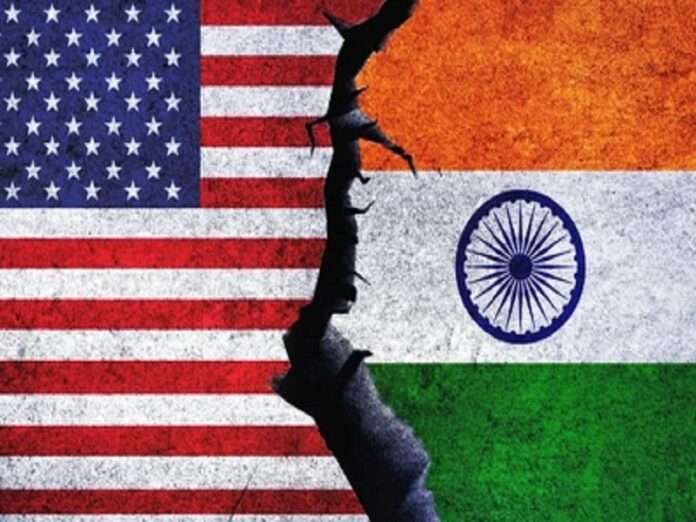The Indo-US Strategic Partnership is highly valued by both sides, but it’s noticeably become very troubled over the past year. Modi’s trip to the US in June 2023 can be seen in hindsight as the high point of their relations, after which they went downhill due to an alleged assassination scandal. That was really just the pretext though for a faction of the American policymaking elite to apply more pressure upon India to change its policies. Here are the top five challenges to their ties:
———-
* America’s Liberal-Globalist Policymaking Faction
This group wants to reshape the world (“globalist”) in their ideological image (“liberal”), to which end its members in the US’ policymaking elite, media, and “NGOs” like Soros’ networks have coordinated their efforts to coerce India into changing its domestic and foreign policies under duress. The liberal-globalists are responsible for politicizing (and possibly even concocting) the abovementioned assassination scandal, and so long as they remain influential, Indo-US ties will always remain at risk of sudden trouble.
* The US’ Hosting Of Delhi-Designated Terrorists-Separatists
That scandal was analyzed here for those who need a refresher, but India basically objects to the US’ hosting of Delhi-designated terrorists-separatists, while the US disagrees with that label and considers them to be “pro-democracy” and “human rights” “activists” worthy of support. Regardless of what may or may not have really happened, the allegedly attempted assassination of one of these figures was exploited by some in the US to ramp up their comprehensive pressure campaign against India.
* “Deals With The Devil”
India and the US have the right to partner with whoever they like so long as this doesn’t harm anyone else’s legitimate interests, yet India and the US are suspicious of the other’s deals with their Chinese and Russian rivals. Indo-Russo ties have no objectively adverse impact on America’s legitimate interests, but the incipient moves towards a Sino-US “New Détente” could see those two indirectly coordinate their attempts to prevent India’s rise as a Great Power due to their shared systemic interests as superpowers.
* Contradictory Geopolitical Interests
The US-backed regime change in Bangladesh, which readers can learn more about in the preceding hyperlinked analysis, is emblematic of India and the US’ contradictory interests, at least so long as the liberal-globalist policymaking faction remains predominant in America. India considers itself to be the regional leader whose rise will lift all boats so to speak, while the US believes that India has become too independent under Modi and must therefore be contained via Pakistan, Bangladesh, and others.
* Lingering Bitterness & Distrust
The liberal-globalists have inflicted tremendous damage on Indo-US ties over the past year in furtherance of their radical ideological agenda and it’ll be very difficult for India to get over the deep bitterness and distrust that this led to. Even if conservative-nationalists one day return to prominence in America’s policymaking community, India will still remain fearful during every presidential election cycle that the liberal-globalists might stage a comeback depending on the outcome.
———-
The primary challenge to Indo-US ties is the liberal-globalist faction’s pernicious influence over American policy. Conservative-nationalists like those who were formulating policy towards India under Trump are much more pragmatic since they recognize that strategically autonomous partners can do more in pursuit of shared interests than neo-imperial puppets, hence his reported plan for NATO. If he returns to power, then ties with India will likely improve, but they might never return to what they once were.







